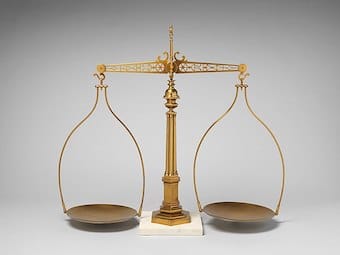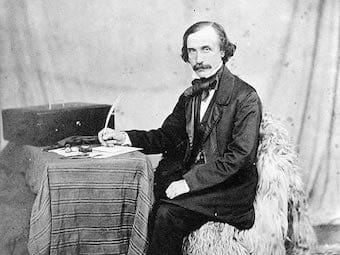In 1836, former schoolmaster Rowland Hill turned his mind to the exorbitant costs and heavy regulation in the Post Office. He had noticed how William Huskisson’s free trade policies cut taxes while raising tax revenue, and although Hill recognised that not all taxes behaved this way, some clearly did, and he guessed postage might be another.
Hill’s study of taxation had led him to formulate two rules. First, not all cuts increased the revenue, so it was vital to study each case on its own merits. Second, the taxes to cut were those which had become counterproductive as Britain’s population and prosperity grew. On these measures, the postage rate was a prime candidate for cuts.
114 words


